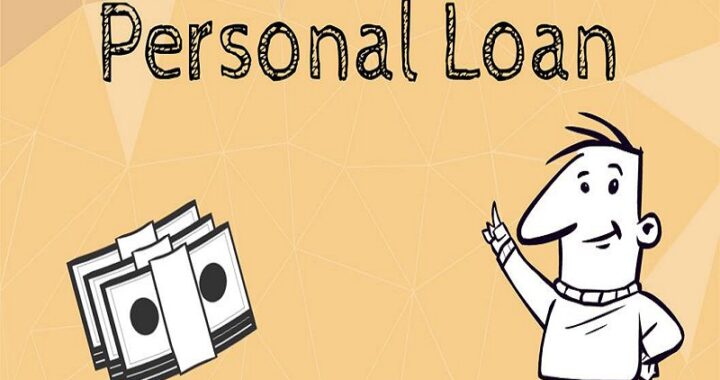How to Calculate Maximum Amount That I Can Get in A Home Loan Based on Income
3 min read
Most of the financial organisations consider income of the home loan applicant as one of the most critical factors to determine their eligibility. Read on to know about the maximum amount you can borrow based on your income.
When you apply for a home loan, you must know that the lenders don’t approve the full amount you wish to borrow. One of the reasons for this could be that you don’t meet their minimum income requirement. To secure a home loan, you must have a regular source of income and robust financial resources to convince the lender that you will repay the amount without any hassles.
Generally, the financial organisations determine the maximum amount they can lend based on the income proof you provide. The most common formula used by the lenders to determine the eligibility is 60 times the annual income. This means, no matter what salary you draw, the maximum housing loan amount you can borrow is 60x of the salary amount.
Let us understand the maximum home loan you can borrow based on your income.
| Annual Income | Loan Amount You can Borrow |
| Rs. 25,000 | Rs. 15,00,000 |
| Rs. 30,000 | Rs. 18,00,00 |
| Rs. 40,000 | Rs. 24,00,000 |
| Rs. 50,000 | Rs. 30,00,000 |
| Rs. 60,000 | Rs. 36,00,000 |
From the above table, it is evident that you can borrow more if your income is high. And, now that you are aware of the maximum amount you can borrow based on your income, it would help to understand how your annual income affects the housing loaneligibility.
Interest rate
One of the critical things that affect the home loan EMI and affordability is the interest rate levied by the lender. Generally, the financial organisations determine the interest rate based on your credit or financial profile. For example, if you are employed with a reputed corporate organisation and have a fixed income, you may be eligible for a higher loan at a lower interest rate. On the other hand, if you are a self-employed professional with no fixed income, you may have to pay higher interest.
The lenders’ charge higher interest for self-employed applicants because of the risk of default or delayed payment by the borrower.
Loan processing time
Most lenders tend to process the loan applications from salaried employees faster than those who are self-employed. This is mainly because the borrowers’ financial details like income, employment history, are easily available through their bank statement and Income Tax Returns. Also, if you are due to receive any bonus or if you have recently received any appraisal, the lender will feel confident that you have a strong financial source to repay the amount and therefore will approve the loan faster.
Loan Tenure
Most of the NBFCs and Banks offer home loans for a maximum of 30 years. But, your income may affect the maximum period for which you can borrow. Usually, the lenders consider the ability to repay the amount and the financial capacity to determine the maximum tenure.
For example, if you draw a high salary, the lender may allow you to borrow for a longer period. And, the longer tenure means the EMI is more affordable and it will be easier for you to repay the amount.
Final Word
Now that you know how your income affects the home loan eligibility make sure that you apply for the right amount for faster approval.






